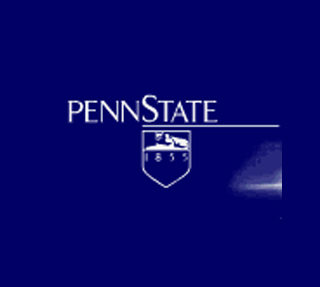
As a part of the study, a group of 20 autistic adults who participated in a yearlong recreation program were evaluated. The recreation program enabled the participants to select activities, scored higher on personality tests that measure social and communication skills than the control group of 20 autistic adults who were randomly assigned to the program’s waiting list. For two hours each weekday volunteers were made to choose among several activities that promoted engagement and interactivity, such as games, exercises, crafts and events.
“For many of us, we look at recreation as a time to spend on activities that are fun and that are designed for our enjoyment,” stated John Dattilo, professor of recreation, park and tourism management, Penn State. “But for some people with disabilities, particularly those who have autism, these activities can be a source of frustration, simply because they didn’t have a chance to make their own leisure choices.”
On completion of the study, significant improvement at recognizing and labeling emotions was registered by the scientists. Participants allegedly scored almost 24 percent higher than the control group in the ability to recognize emotions in a person within a picture. The ability to label those emotions correctly appeared 50 percent better than the control group’s score. In conclusion, it was asserted that recreation programs that encourage people with autism make their own leisure choices create a cycle of increasing independence, rather than a pattern of reliance on caregivers to provide recreational activities.
The study is published in the current issue of Research in Autism Spectrum Disorders.
